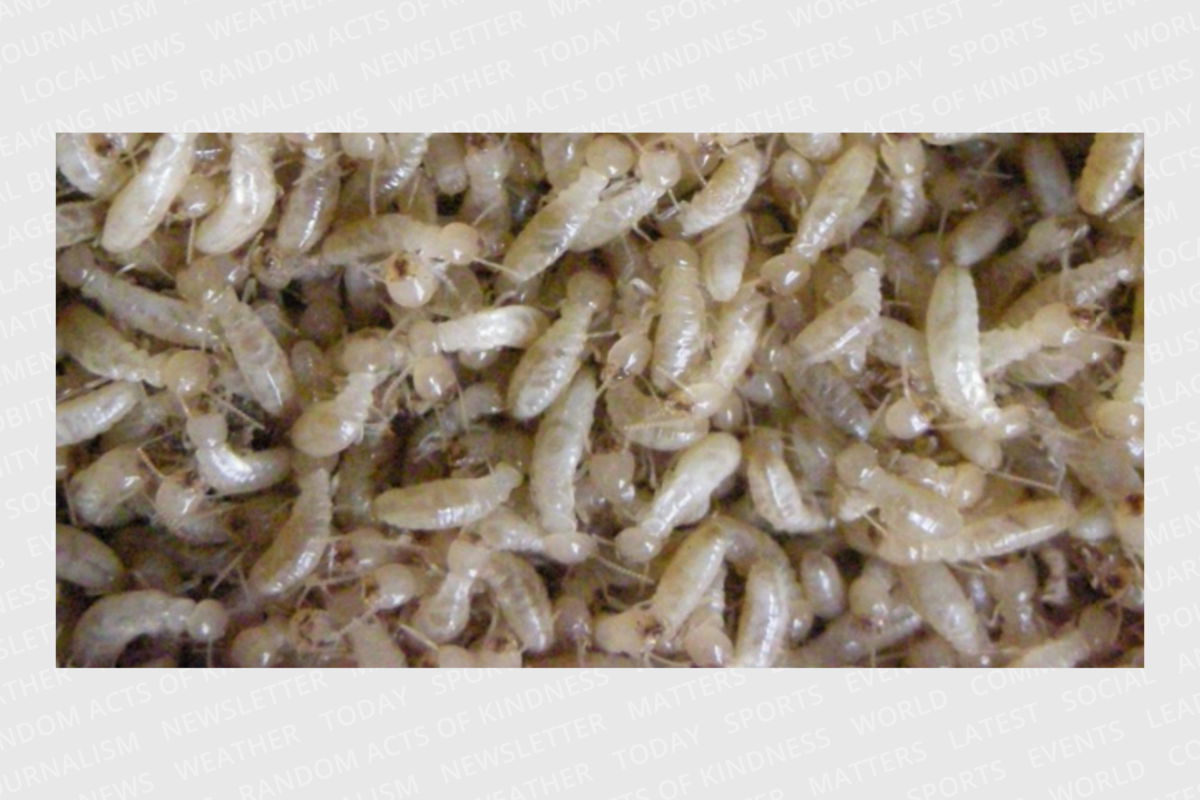NEW ORLEANS – The Louisiana Animal Disease Diagnostic Laboratory (LADDL) at the LSU School of Veterinary Medicine has reported a pool of mosquitoes infected with West Nile Virus (WNV) that was collected in the Orleans community. The infected mosquitoes were collected from traps on the east bank of New Orleans this week, indicating an increased risk for people in our area. Residents can expect increased mosquito control efforts, including inspections and treatments of larvae during the day and spraying of mosquitoes from trucks at night. From March 8, truck applications for adult and immature stages of the WNV vector Culex quinquefasciatus will begin, weather permitting.
No cases of human WNV were reported in the Orleans community this year. The West Nile virus alternates between wild birds and mosquitoes and can be transmitted to humans through the bite of an infected mosquito. While most WNV infections are asymptomatic, the virus can cause serious symptoms, especially in people older than 65 years of age or who are immunocompromised.
The NOMTRCB collects mosquitoes in 46 locations in the Orleans community all year round. The mosquitoes collected are identified by species, counted and presented in groups or mosquito pools to the LADDL for arboviral analysis. To date, over 20 mosquito pools have been tested in 2021.
We urge people to protect themselves from mosquito bites by limiting outdoor activities between dusk and dawn, using EPA and CDC approved repellants, and protecting their residence against mosquitos by maintaining screens on windows and doors. We also ask residents to inspect outdoor areas and empty water-filled containers around their homes and yards to reduce the potential for mosquito breeding.
As the temperature rises, residents must remain vigilant in removing stagnant water by emptying containers and changing water in non-removable containers such as bird baths, sugar kettles, children’s pools and ponds at least once a week. Remove trash and clutter, including discarded tires, buckets, tarps, and other items that can collect water. Swimming pools and fountains should be operational and in circulation.
For more information on West Nile Virus, visit the Center for Disease Control and Prevention website: http://www.cdc.gov/ncidod/dvbid/westnile/qa/prevention.htm.
SAFETY TIPS
Protect oneself
- Reduce mosquito exposure by limiting outdoor activities between dusk and dawn.
- Use air conditioning and make sure the window and door panes are in good condition to keep mosquitoes out.
- Wear long sleeved shirts and pants outside.
- The CDC recommends using repellants that contain EPA-registered ingredients such as DEET, picaridin, IR3535, or lemon eucalyptus oil.
- Always follow the recommendations on the product label when using repellent.
Protect your home
- Eliminate standing water around your home. Mosquitoes breed in standing water.
- Remove trash and clutter and dispose of discarded tires and containers. Turn over paddling pools, buckets, trash cans, children’s toys, and anything that can collect water.
- Change the water weekly in containers that cannot be removed, e.g. B. Pet dishes or bird baths. Every week, scrub the side of the containers to remove any eggs that have been laid.
- Rain barrels and other water collection devices must be sieved and collected water should be used within a week.
- Ventilate ornamental pools, fountains, and sugar kettles, or fill them with fish.
- Report illegal landfills, water leaks and unattended swimming pools by calling 311.
Tires collect leaves and can easily be filled with water when it rains. This is an ideal breeding ground for mosquito larvae. Getting rid of used tires eliminates a fertile habitat for mosquitoes.
- On the second day of collection, residents can stack up to four tires per week next to their household garbage truck. Call 311 to arrange a pickup.
- Tires in front of abandoned properties are not picked up; They must be brought in front of a residence with a curb cassette.
- Residents can also drop up to five tires to the City Recycling Drop-off Center at 2829 Elysian Fields Avenue every second Saturday of the month between 8:00 a.m. and 1:00 p.m.
A free webinar on Integrated Mosquito Management will be offered on March 6 at 11 a.m. CST. Please visit www.nola.gov/mosquito to register.
Report mosquito problems to 311.
# # #





/cloudfront-ap-southeast-2.images.arcpublishing.com/nzme/EW2WTLSG57KJSOY2JHRVZV2RHY.jpg)

